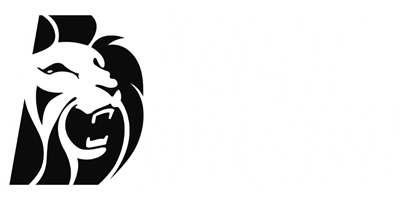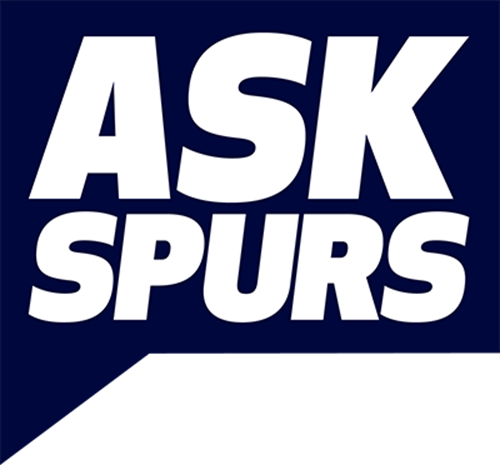Tottenham Hotspur (Spurs) Football Club is located in North London. The club is also known as Spurs. Tottenham's home ground is White Hart Lane. The club motto is Audere est Facere (To dare is to do).
By common consent Johnny Brooks was one of the most gifted inside-forwards of his generation.
A brilliant dribbler who mesmerised defenders before leaving them in his wake, he possessed superb control and could shoot powerfully with either foot. Terry Venables once described him as an idol who possessed a brilliant body swerve. Sadly, Johnny also holds the distinction of being one of the best Spurs players never to have won a medal.
How many footballers look back at their careers and ask themselves 'if only'?. Careers remain unfulfilled for a variety of reasons. Injuries, loss of form or a personality clash with the manager can all diminish a players' longevity but, surely, one of the cruellest ways of failing to achieve potential is because the player concerned is branded too nice a bloke.
Does a man deserve to be punished for being decent? Johnny Brooks was and after joining Spurs 21 months after Arthur Rowe's 'push and run' side won the first division championship in 1951 he achieved almost perfect, yet ironic, symmetry when he departed The Lane just 18 months before Bill Nicholson guided us to the Double in 1961.
"I missed out on the Double and, looking back, you think: 'Cor, if only I could have stayed two more years'," said Johnny, 69, as he candidly recollected his departure to Chelsea at his home in Bournemouth, where he retired four years ago.
"Bill Nick was a good manager but he was a hard taskmaster and liked you to dig in a bit, to battle for everything. Later on, he put in one of his books that: 'Johnny Brooks wouldn't be any good fighting in the trenches', or words to that effect. That hurt a bit but I know I didn't really have the venom you need.
"I was all right when things were going well but it's one of those things and you can't change your personality. I could never see myself going in for a hard tackle and I was never in the side to win headers. My son (former Orient player Shaun) is a bit like that. He was a brilliant schoolboy but weÕre the same and he never achieved what he might have done either.
Johnny's easy going attitude was never a problem in the years immediately after the Second World War when, as a gifted schoolboy player, he was snapped up by his home town club, Reading, as a 17-year-old in 1949. After serving two years' national service at Aldershot, during which time he continued to play for the Royals and represented The Army, for whom he played against the likes of John Charles and Bobby Smith, Johnny achieved his dream transfer to Spurs for £6,000, plus two players, in February 1953.
"When I was 15 or 16 I used to go and watch the old 'push and run' side, just standing on the terraces watching the 1950 and Õ51 championships being won.
"It was simple, but super, football and that's been Tottenham throughout the years until George Graham took over. As a kid it made a big impression on me and the ground was always full, with 58-60,000 there.
"Eventually, I had a choice of going to Arsenal, West Ham or Tottenham. But Spurs were brilliant and it was always in my blood really. It was fantastic going to such a big club, with players like Len Duquemin, Les Bennett, Bill, Eddie Baily and Les Medley, and I was like a country boy going up to the big town.
"For a kid from Reading it was brilliant to walk into that changing room, a bit like going to Manchester United now I imagine, but people like Ted Ditchburn, Alf Ramsey and, later, Danny Blanchflower, were very good to me."
After serving a period in the reserves Johnny made a rain-soaked debut in a 2-0 defeat on a bog of a pitch at Stoke City in 1953. But Spurs were in a transitional state and he struggled for consistency, a trait that was to dog him for long periods of his seven years at The Lane.
Responding to Rowe's words of encouragement, however, Johnny finally established himself in the side in time to enjoy his best seasons during the mid-50s. Rowe handed the reins to Jimmy Anderson through ill-health in 1955 but in successive seasons, 1955-56 and 56-57, Johnny came close to winning the medals he deserved.
"Arthur used to have me in his office a lot and would say: 'John, you could be one of the greatest players in the world if you just concentrate and put your mind to it'.
"Arthur was a lovely man who knew his football inside out and he built me up. Danny would also kid me along a bit as well, saying: 'Come on John, you've got everything you need in the game'.
"In 1956 we reached the FA Cup semi-final and I scored goals in the early rounds before we played West Ham at home in the quarter-final. Ah, that was a brilliant game, one of the best ever. It was a full-house, raining, and the pitch was like a mud-bath.
"Johnny Dick got three goals for West Ham in the first half and we were 3-1 down. But Bill Nick gave us a roasting at half-time and we got the two back. We went to West Ham in the week and nicked it 2-1 when Tommy Harmer headed the winning goal.
"All I can remember about the semi against Manchester City is we had most of the game but I ended up playing right-back for the last 20 minutes and we lost 1-0.
"It was very disappointing and it's true about it being a nightmare losing in the semis - it's a real gutter because that was my best chance of playing in a cup final at Wembley."
However, Johnny's Wembley dream came true when a flying start to the 1956-57 season, during which he notched eight goals in eight games, attracted the attention of England boss Walter Winterbottom and he made the first of three winning international appearances in a 3-1 victory over Wales in November 1956.
"That was brilliant getting called up and I got a goal against Wales at Wembley. I scored again when we beat Yugoslavia 3-0 and we beat Denmark 5-2 in a qualifying match for the 1958 World Cup at Wolverhampton. I didn't score that day but Duncan Edwards got two and Tommy Taylor got a hat-trick.
"I played with Edwards, Stanley Matthews, Tom Finney and Billy Wright, four of the best players ever, and it was fantastic. I always remember that night at Wolverhampton and I enjoyed those three games tremendously.
"I'd like to have played more but I lost form and Albert Quixall took my place. Although we started like a train at Spurs that season and couldn't wait to get on the pitch, we ended up runners-up, eight points behind the Busby Babes of Manchester United."
As his inconsistency resurfaced after Nicholson had taken over from Anderson in 1958, Johnny feared the writing was on the wall after a minor bust up following a game with Wolves. His eventual transfer came as no surprise.
"Bill used to call me a few names and once, following a 6-0 thrashing at Wolves, it was: 'Brooksy, look, not a bit of sweat on your shirt. England player? F*****g rubbish'. That was Bill but next day it was forgotten.
"He's still like that now when you sit in the stand with him. He criticises and used to hate Ginola, even though the fans loved him, because Bill liked people who put a bit of bite into it. I always felt on tenterhooks and knew my time was getting near before I left."
Johnny joined his old Reading manager Ted Drake at Chelsea in exchange for Les Allen and spent two indifferent years at The Bridge before enjoying two 'exceptional' seasons at Brentford. He 'retired' from the professional game after a short stint at Crystal Palace in 1964 but spent two summers with Toronto City in Canada before embarking on a four-year stint with Stevenage Town in the Southern League from 1964.
After ending his playing days at Cambridge City he went back to Civvy Street, where he spent 24 years working alongside his old Spurs team-mate and best pal, Tommy Harmer, as a bank messenger until being made redundant at 60.
He ended his working days as a park-keeper before moving to the south coast. At 69, however, Johnny is far from inactive. As well as taking in two rounds of golf off a 15 handicap each week, he coaches the youth sides of Moordown Youth and even manages to fit in a few stints as a matchday host at Legends.
Despite the enduring frustration of missing out on the big prizes, Johnny loves to return to Spurs and reminisce about the great players and lighter moments during his time at The Lane.
"It's a tremendous stadium now and every time I go in Legends I have a look at the pitch. Pitches have changed now because we used to play on mud from December onwards but you remember coming out of the tunnel 40-odd years ago and wonder what it would be like coming out now.
"When I think of the great players, I think of Dave Mackay, Danny and Tommy. Dave was one super player and although I only played with him for a season-and-a-half he made an impression on me. He was hard but never dirty.
"With Danny, we could be losing 4-0 yet he'd still want the ball. He couldn't tackle but he was a good captain because of his ability to gee you up.
"Tommy was the best inside-forward I played with. The game's quicker now so it's hard to compare but on the ball he was out of this world, as good as Zidane.
"The social side was very good in my day and usually when we finished training six of us - Terry Dyson, Bobby Smith, Dave Mackay, Dave Dunmore, Alfie Stokes and myself - would go racing, lose a load of money and then borrow a tenner to go to Haringey or Clapton dogs in the evening!
"After that we'd finish off up Stamford Hill, having a drink with a young Barbara Windsor and her mates. She'd hang about with the girls and a few of the lads would drift over there. Not me, though, I was a quiet, young lad."
"That's what he tells them all!" quipped Callum, Johnny's 16-year-old grandson."
No wonder his concentration wavered sometimes.




